
Hello and welcome to another Coffee News Roundup, this week brought to you by the slightly melancholic feeling of turning the heat on for the first time in six months. Not sure I’m ready.
Anyway, onward to the news.
Baristas Fight For Pay Transparency With New Wage Surveys - via Sprudge
Pay transparency is a big issue in the coffee industry (it’s a big issue in every industry, but this is a coffee-specific news roundup).
Thankfully, it’s becoming more normal for baristas and others to share pay info with their colleagues, but until recently it’s mostly been word-of-mouth conversations.
Now, though, 17 separate cities and geographical areas around the country have started anonymous spreadsheets where coffee workers can list their salary history, and compare it with others.
It’s that comparison which can help in negotiations—if a similar-sized coffee company in your town pays its baristas $2 per hour more than you’re getting, it’s worth asking why.
Science Shows Differences Between Flat Bottom and Semi-Conical Filter Brews - via Daily Coffee News
OK so there’s a lot of science here, most of which* I don’t understand. I recommend reading the Daily Coffee News story, which lays it out quite succinctly.

The gist, as far as I understand it, is that the shape of the brewer makes a big difference to how your coffee tastes—surprising even those involved.
As DCN notes, “The key takeaway of this first round of research … is that when coffee, water, temperature and flow rate all remain the same, the flavor profile of brewed coffee changes in a perceptible way based on the geometry of the filter basket.”
And that’s undoubtedly cool, as well as being actionable in a cafe- or home-based setting. Specialty Coffee Association Chief Research Officer Peter Giuliano told DCN:
So, as a barista reading this study, I now understand how simply changing the basket geometry is probably an easy way to modulate coffee flavor, perhaps simpler to do than, say, changing grind sizes. In fact, in this study, simply changing the basket had larger effect on flavor than making pretty significant changes in grind coarseness.
Learning is fun!
*literally all of which
Robot barista to make grocery store debut in Houston - via Houston Chronicle
Holy dystopia, Batman!
Everyone’s favorite overpriced-and-yet-also-going-steadily-downhill-since-its-acquisition-by-Amazon grocery store, Whole Foods, is replacing its in-house baristas with robots.
Well, not all its baristas; just in a new store coming soon to Houston, TX. Well, not replacing them, just not having them in the first place.
Look, you know what I mean.
The point is, this is all very on-brand for a company that sees its workers as disposable and whose owner is literally going to space because he doesn’t know what else to do with all his stolen wealth.
Here’s the cold, hard truth about boozy canned coffee: Most of it is terrible - via Washington Post
I could have told you that, and I haven’t even tried any of them.
It turns out, according to the Washington Post, this trend for alcohol-spiked canned cold coffee has led to an oversaturation of the market with sickly-sweet, rather pointless products.
And apparently they’re mostly bad.
Who could have predicted this?
The week in corporate greenwashing
First off, this is a great article in Sprudge about Starbucks’ recent announcement that they're giving $20 million to farmers to help offset the ongoing coffee price crisis.
Key quote: “Put another way, it is less than a third of their $61.3 million daily revenue; it’s a lunch rush. If you are a barista making $30,000 and you donate $26 to a relief fund, you’ve donated by percentage more of your yearly take-home than Starbucks did with their newest initiative.”
Yikes.
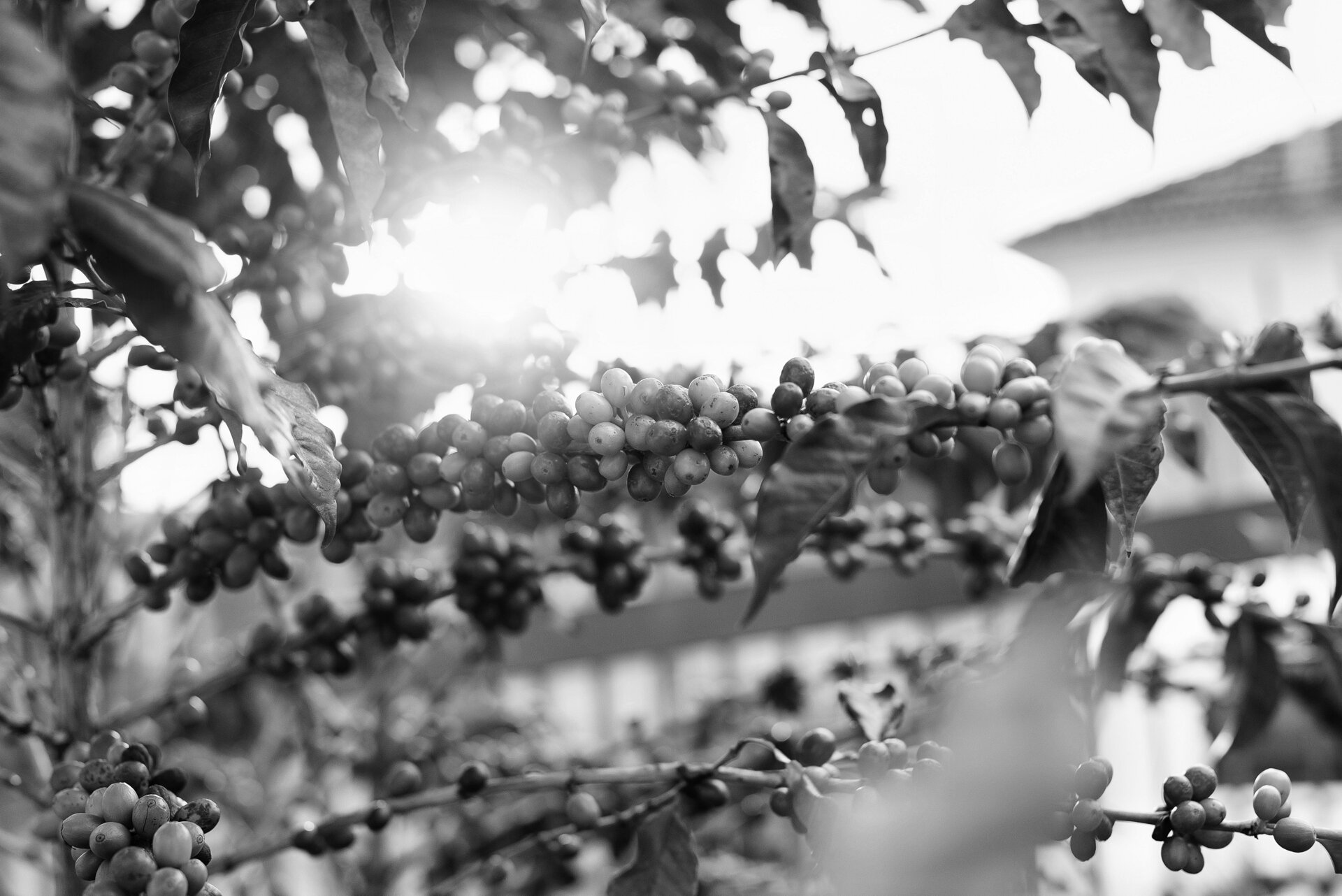
Second, and sort-of related, but Nestlé is apparently planning on giving more of its money back to shareholders.
$20 billion, in fact, after already giving $22 billion in 2017. “That is,” says the Washington Post, “unless it can find better ways to spend some of the money on acquisitions.”
Cool. Reasonable.
Or maybe they could, you know, pay more for their coffee. They boast about their coffee being Rainforest Alliance certified, but how much do they pay the farmers who grow said crop?
I know, I ask this question a lot—I asked them under that LinkedIn post. They did not respond. I’m pretty sure I’m shouting into a void.
Oh, and just as a reminder, as recently as 2016 Nestlé bought coffee from farms that used slave labor.
Is coffee good for you?
Maybe! New research alert!
A study has found that two compounds found in coffee chaff and husks may help reduce some of the hallmarks of obesity. According to the researchers, the compounds “boost insulin sensitivity, improve the cells’ ability to absorb glucose, and reduce the inflammation caused by fat.”
This research, while only in the preliminary animal studies phase, could be good news not only for the 13% of the world’s population who suffer from obesity, but also the environment, because coffee waste is still a huge issue worldwide. According to the Medical News Today article on the research, for every ton of coffee produced, 0.68 tons of waste is also created, a lot of which is environmentally damaging.
If some of that waste can be turned into medicine, then not only will patients benefit, but so will the environment. And as an added bonus, farmers will be able to monetize what is currently thought of as waste and add to their income—you know, since the big coffee companies don’t seem keen to help.
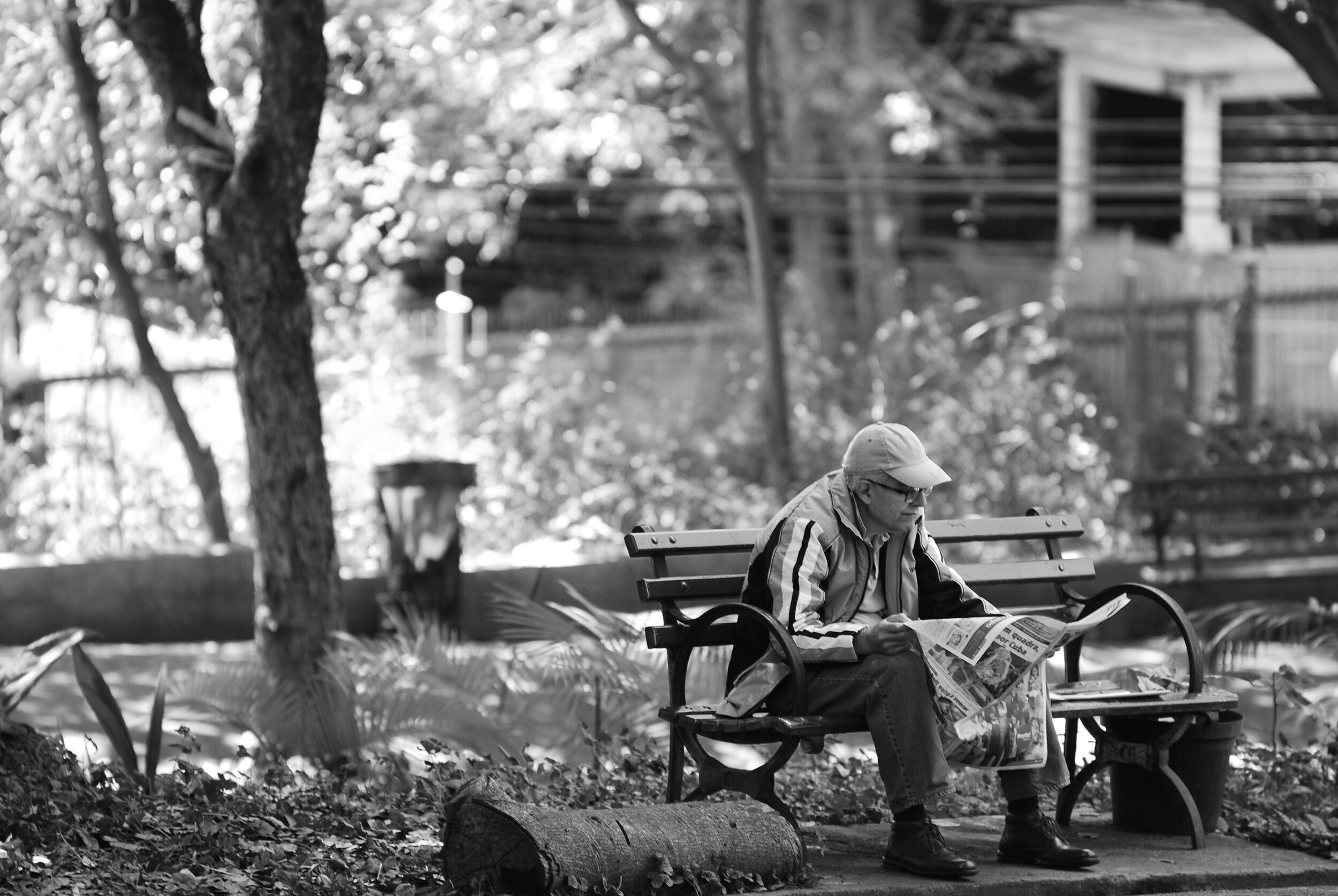
What to read
Solved: The Mysterious Origins Of Your Coffee’s Worst Nightmare by Reina Gattuso
A Coffee Crisis Is Brewing And It Could Make Your Morning Joe Less Tasty by Tom Levitt
Chatter In The Café by Carrie Pallardy
Until next week, drink good coffee.
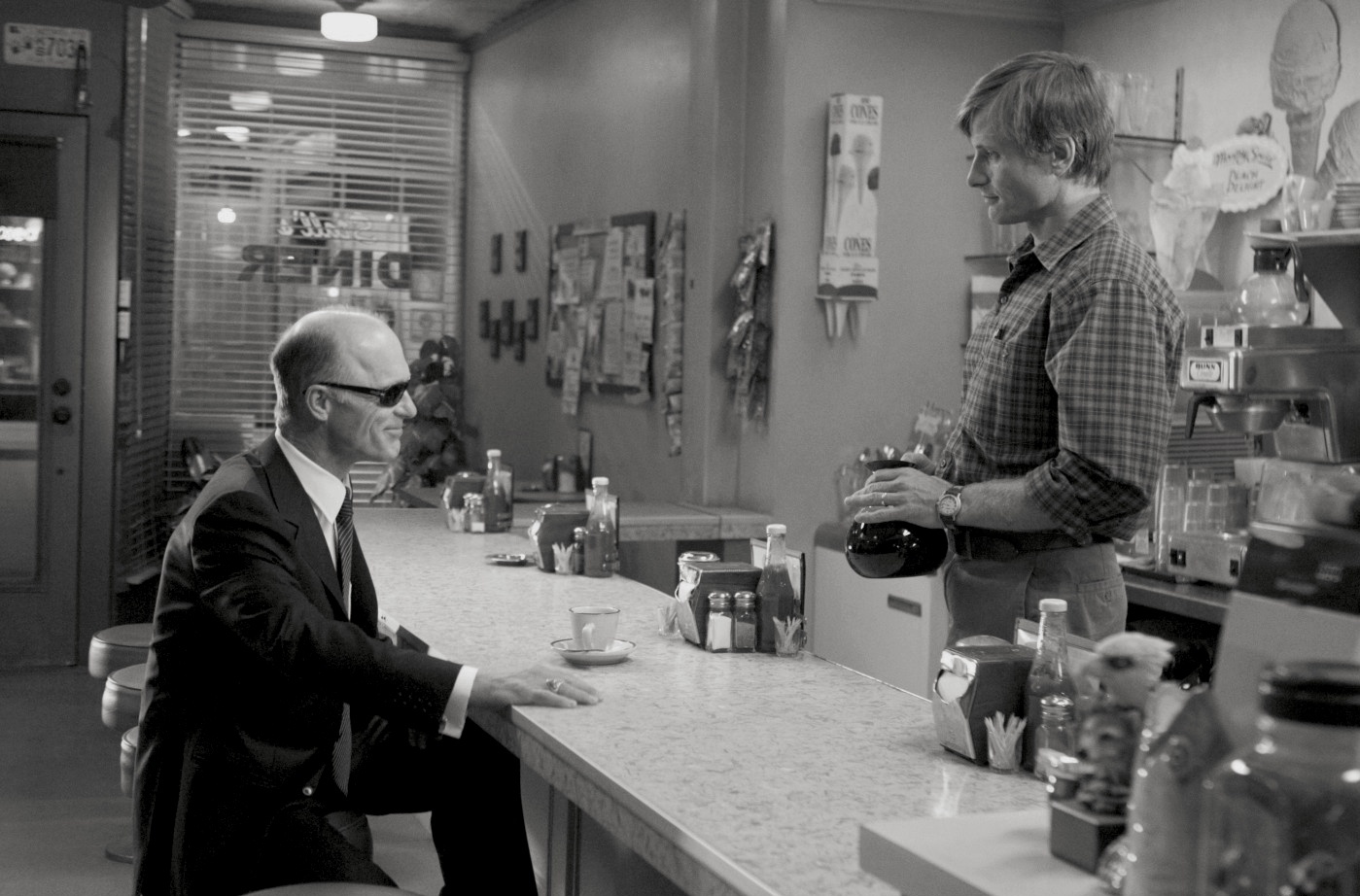
Apr 9, 2017 Coffee At The Movies Episode 6: A History Of Violence Apr 9, 2017 Apr 9, 2017
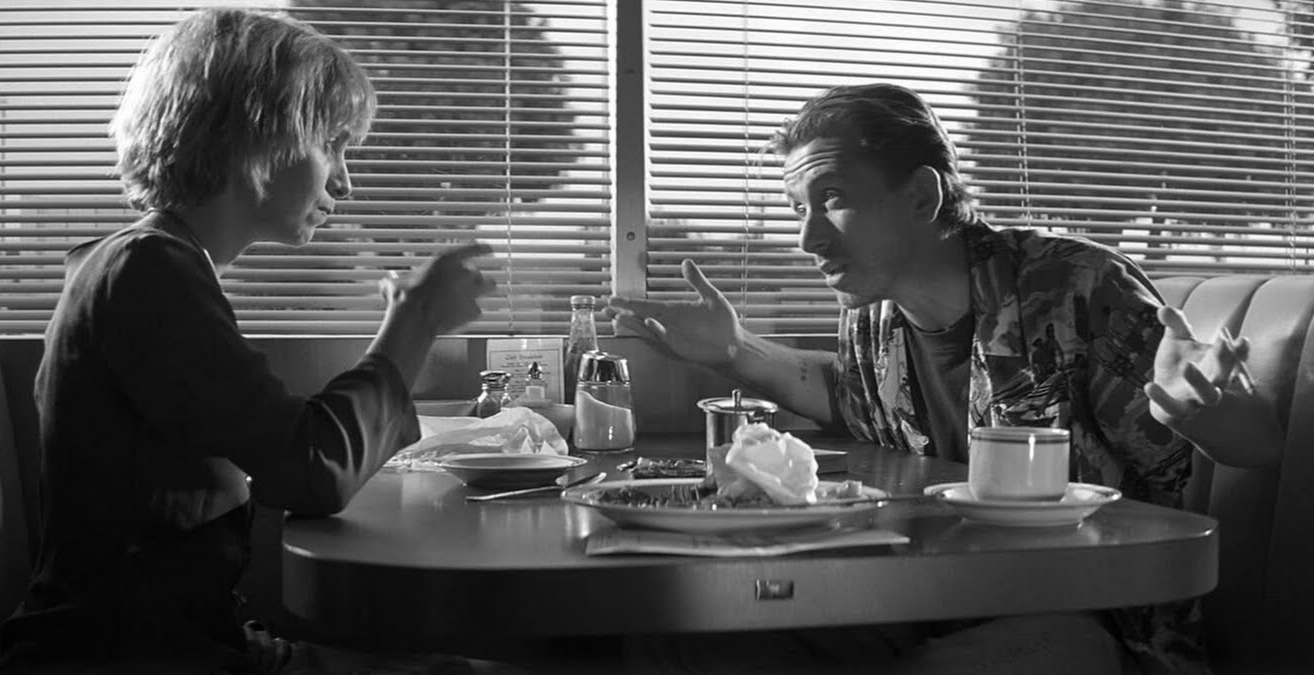
Dec 15, 2016 Coffee At The Movies Episode 5: Pulp Fiction Dec 15, 2016 Dec 15, 2016
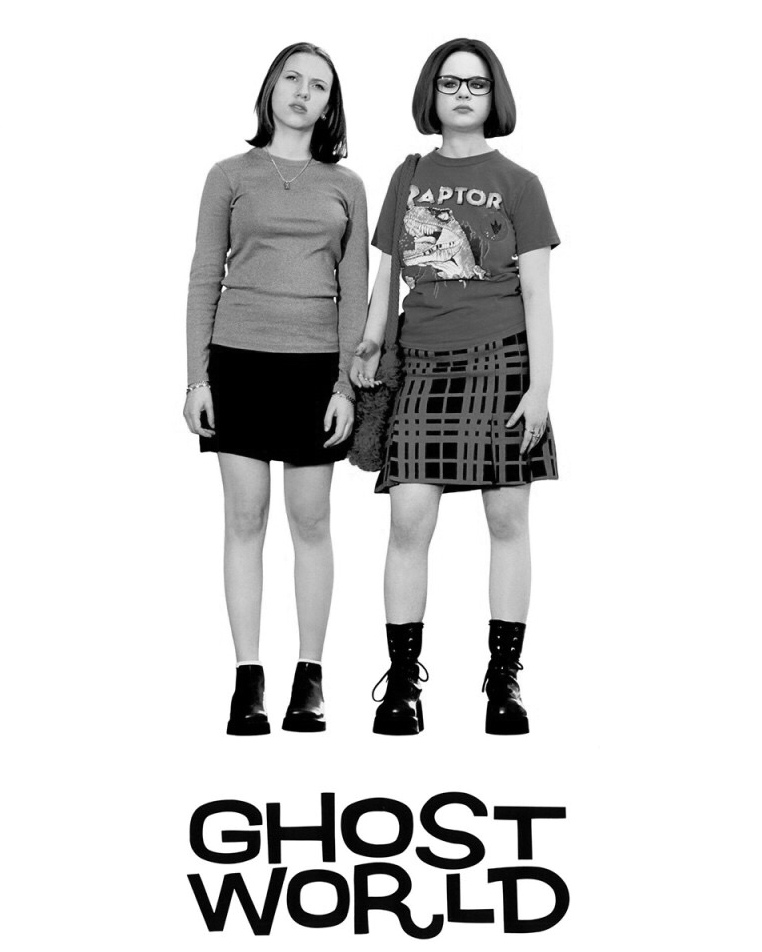
Dec 8, 2016 Coffee At The Movies Episode 4: Ghost World Dec 8, 2016 Dec 8, 2016

Dec 1, 2016 Coffee At The Movies Episode 3: Looper Dec 1, 2016 Dec 1, 2016
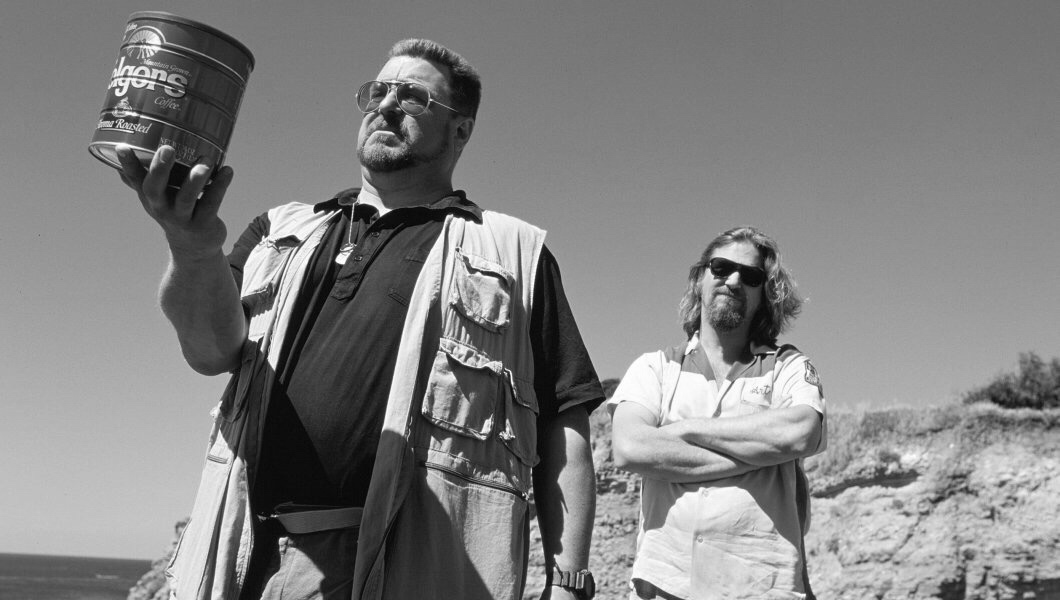
Nov 24, 2016 Coffee At The Movies Episode 2: The Big Lebowski Nov 24, 2016 Nov 24, 2016

Nov 17, 2016 Coffee At The Movies Episode 1: Scott Pilgrim Vs The World Nov 17, 2016 Nov 17, 2016






